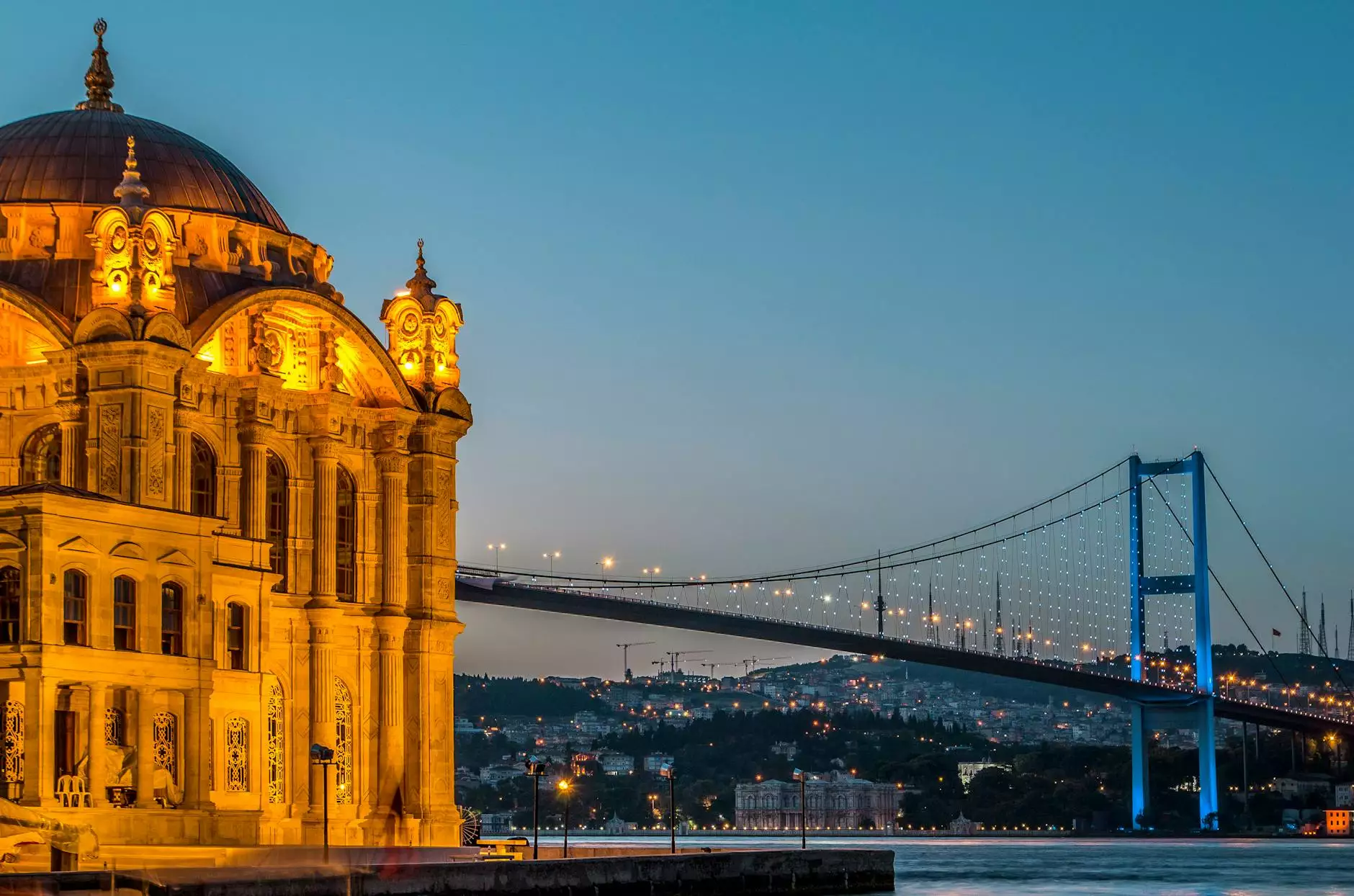Unlocking the Beauty of Mosques: Yasir Qadhi Salafi

Mosques, as the sacred spaces of worship for Muslims, hold profound significance and beauty within their walls. They are places where individuals come together to seek solace, connect with a higher power, and find inner peace. Yasir Qadhi Salafi endeavors to shed light on the rich cultural heritage and spiritual depth encapsulated within these magnificent structures. Join us on a fascinating journey as we explore the wonders of mosques and their profound impact on communities.
The Essence of Mosques
Mosques, or Masjids in Arabic, serve as centers of spiritual and intellectual growth, fostering unity and community development. They are not simply places to pray, but also centers of learning, social support, and cultural preservation. Mosques are designed to facilitate spiritual growth and to echo the divinity of Allah as worshippers gather to honor and connect with the Creator.
Architectural Brilliance
One of the most captivating features of mosques is their architectural brilliance. Their designs blend cultural influences, artistry, and Islamic geometrical patterns, resulting in breathtaking masterpieces. The grand minarets and beautiful domes adorned with intricate calligraphy and vibrant tiles add to their charm and allure. Each architectural element carries symbolic meaning and provides a sense of tranquility and awe-inspiring serenity.
The Symbolism of Minarets
The majestic minarets that grace mosque complexes symbolize the elevated status of these holy spaces and serve as visual landmarks within the community. Historically, minarets were used as a call to prayer, announcing the five daily prayers to the local population. Today, they stand as towering reminders of the spiritual heights that can be reached through heartfelt devotion and sincere connection with the Divine.
Mosques as Community Centers
Mosques play a vital role in nurturing a sense of community and fostering social cohesion. They serve as community centers where individuals gather not only for prayer but also for educational activities, social events, and charitable initiatives. These spaces promote a spirit of unity and brotherhood, transcending barriers of race, culture, and socioeconomic status.
Education and Enlightenment
Mosques have long been sanctuaries of knowledge and enlightenment. Islamic scholars, such as Yasir Qadhi Salafi, dedicate themselves to imparting knowledge, teaching the Quran, Hadith, and Islamic jurisprudence. Many mosques have integrated Islamic schools and libraries to further enhance the education and spiritual growth of the community.
Social Support and Outreach
Mosques actively engage in social support and community outreach programs, addressing the needs of the less fortunate. They provide shelter, food, and financial support to those in need, fostering compassion, empathy, and social justice within the community. Through these initiatives, mosques exemplify the core Islamic values of charity, kindness, and extending a helping hand to all.
The Spiritual Oasis
For Muslims, mosques serve as spiritual oases, offering respite from the chaos of daily life. The serenity and tranquility found within these sacred spaces foster a connection with the Divine and rejuvenate the soul. The presence of mosques in cities and towns is a testament to the deep-rooted spiritual yearnings of individuals and their collective quest for inner peace.
The Beauty of Rituals
Mosques are where Muslims gather to fulfill their spiritual duties and engage in acts of worship. Rituals such as the five daily prayers, Jummah congregational prayer, and special occasions like Eid are performed within the hallowed walls of mosques. These gatherings strengthen faith, promote introspection, and provide an opportunity for personal growth and reflection.
Spaces for Reflection
Mosques provide dedicated areas for contemplation, allowing worshippers to seek solitude and reflect upon the teachings of Islam. These quiet corners offer individuals a chance to disconnect from the noise of the world and focus on developing a deeper understanding of their faith, fostering a sense of spiritual harmony.
Yasir Qadhi Salafi: Uniting Hearts and Minds
The tireless efforts of Islamic scholars, such as Yasir Qadhi Salafi, play a pivotal role in elucidating the beauty and significance of mosques. With years of study and research, scholars like Yasir Qadhi contribute to the intellectual discourse surrounding Islamic principles and practices. Through their teachings, they inspire individuals to explore their faith, fostering a connection with Allah and the community.
Yasir Qadhi Salafi's Vision
Yasir Qadhi Salafi is a renowned scholar who has dedicated his life to spreading knowledge and promoting the understanding of Islam. His profound insights into the teachings of the Quran and the life of the Prophet Muhammad (peace be upon him) have guided countless individuals on their spiritual journeys. His work emphasizes the importance of mosques as pillars of faith and unity.
Embracing Pluralism
An advocate for unity and inclusivity, Yasir Qadhi Salafi encourages Muslims to embrace diversity and nurture interfaith dialogue. He believes that mosques can serve as platforms for breaking down barriers, cultivating love, and celebrating the shared values that unite humanity. His teachings inspire individuals to engage in productive discussions and bridge the gaps between cultures and religions.
Conclusion
Mosques are not merely buildings; they are living testimonies to the strength of faith, community, and cultural heritage. The beauty and significance of these sacred spaces extend far beyond their physical structures. They embody the values of love, compassion, and devotion that lie at the heart of Islam. With scholars like Yasir Qadhi Salafi shedding light on the importance of mosques, we uncover a deeper understanding of their profound impact on individuals and society.









